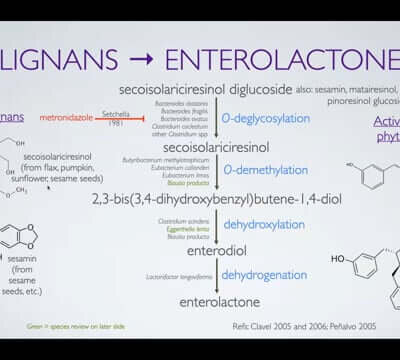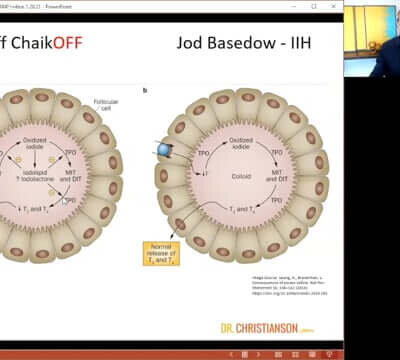Description
Cost: Non-members: $81.25 | Member: $43.75 | Student: $18.75
Sleep is a pillar of health. Sleep duration and quality are important contributors to health and wellness. Insufficient sleep is associated with an increased risk for mood concerns like depression and anxiety. There is a bidirectional relationship between sleep and mental health. Depression, stress, or anxiety all increase a patient’s likelihood of developing insomnia. At the same time, up to 50% of patients experiencing insomnia also have a mental health disorder. A meta-analysis that collectively included 172,077 individuals found that those with insomnia had a twofold increased risk of developing depression compared with individuals without insomnia. Clearly, addressing insomnia is a priority when mood concerns are present. Statistics indicate 50% of menopausal women report issues with getting a restorative night’s sleep. The etiologies of insomnia during menopause can be as varied as the patients who experience it, but it is frequently accompanied by fatigue and mood concerns. HPA axis dysfunction, melatonin dysregulation, and hormone and neurotransmitter imbalance are known to play key roles. Neuroendocrine imbalance can contribute to the likelihood of insomnia as well as mood concerns. Serotonin and dopamine are not the only factors at play in mood; other neurotransmitter imbalances could be involved – norepinephrine, histamine, phenethylamine, glutamate, and so on -- as well as hormone changes. Women have nearly double the risk of mood disorders compared to men. These sex differences are observed not only in the U.S. but are also documented worldwide. This sex disparity indicates a potential role for gonadal hormones in the etiology of anxiety and depressive disorders. In fact, studies have revealed that women are more likely to experience mood disturbances, anxiety, depression, and insomnia during times of hormonal flux, such as puberty, post-partum periods, and menopause. Additionally, poor sleep routines and sleep environments, medications and pathologies can contribute to difficulty sleeping. Adrenal dysfunction and neurotransmitter balance are interwoven and, in fact, even share two of the same hormones/neurotransmitters (norepinephrine and epinephrine). An integrated approach works synergistically to bring relief to both insomnia and mood concerns. Correcting insomnia may include reversing insulin resistance, balancing melatonin cycles, addressing hormone imbalance, and removing other obstacles to good restful sleep. Get state-of-the-art assessment and clinical interventions for these conditions. Clinical interventions will focus on lifestyle interventions, primarily mindfulness and exercise, as well as bioidentical hormonal balancing (BHRT), and amino acid, nutraceutical, and botanical treatment protocols.
Lylen Ferris, ND attended Davidson College in North Carolina where she obtained a BA in Cultural Anthropology and a minor in art history. After traveling extensively and witnessing different cultures and ways of thinking, Dr. Ferris realized naturopathic medicine was her calling. She completed her pre-medical training in Australia and came back to the United States to attend medical school at the National College of Natural Medicine (now NUNM) in Portland, Oregon, where she trained as a general practitioner and tailored her studies to focus on women’s health. Her love of teaching began during her residency, where she taught clinical education classes while mentoring students. Dr. Ferris has continued to teach other medical professionals in the US and around the globe at numerous functional medicine conferences, online webinars, and seminars. Dr. Ferris is currently the Director of Clinical Education at Doctor's Data, and offers a deep knowledge and enthusiasm for teaching hormone and neurotransmitter biochemistry, including research, testing, and optimization. She maintains a clinical practice in Portland, Oregon and her focus has grown to include males and females of all ages.
**This presentation is worth 1.25 Category 1 CE, (including .25 Pharmacology Credits) for Washington-licensed NDs.**
Originally presented May 3rd - 5th, 2024, at WANP's CONNECT 2024 conference.




